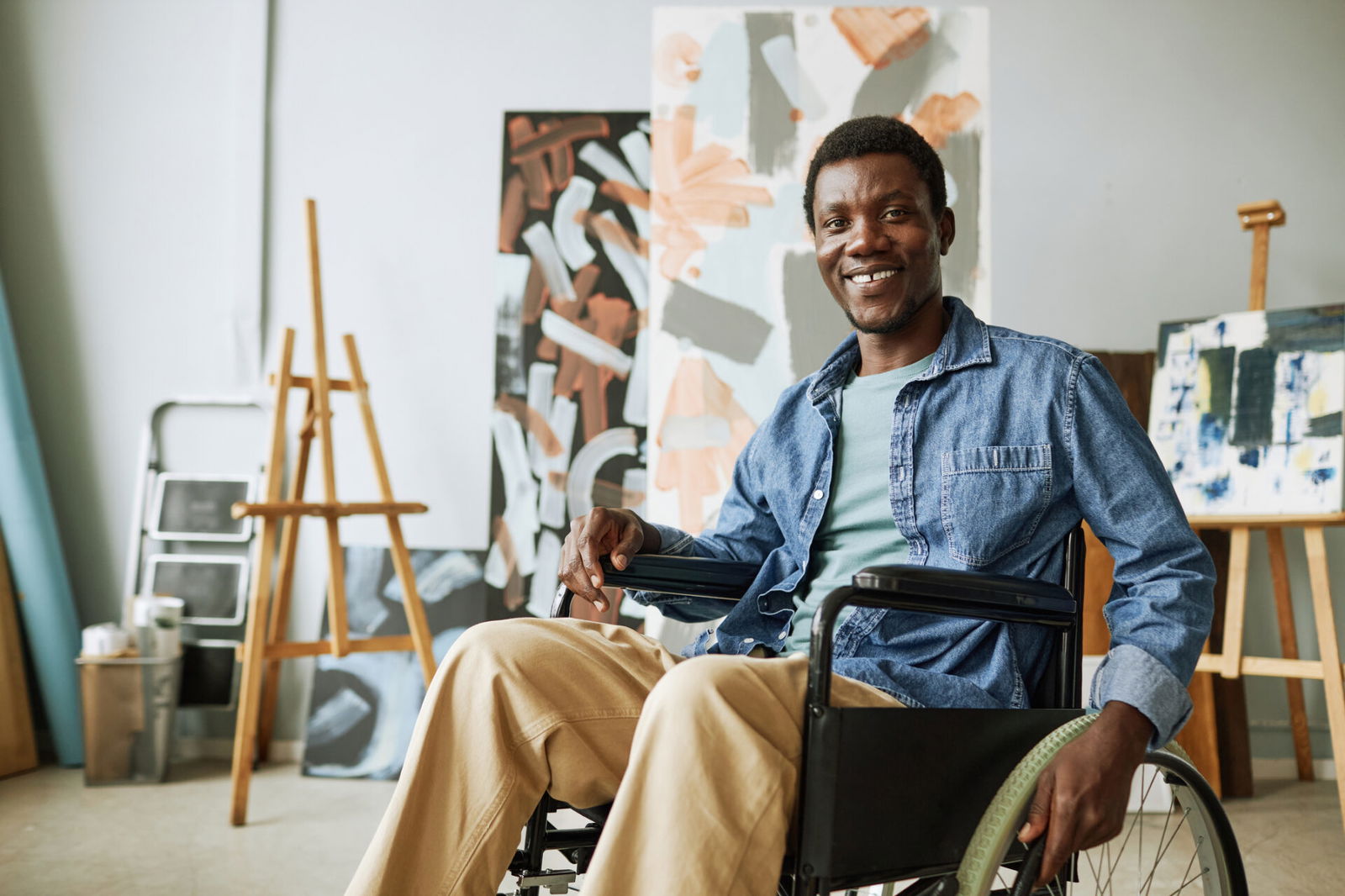A popular content creator’s recent video of a social experiment unveiled racial disparities about how disabled people are treated by the general public.
The video showed two men portraying themselves as blind who reached out to pedestrians as they walked by. Based on the results, pedestrians were more willing to help and touch the white man as opposed to his Black counterpart.
Both actors in the clip behaved similarly, but each yielded starkly different results.
View this post on Instagram
The social media influencer who posted the series of videos, BARRY TV, has millions of followers across sites such as YouTube and TikTok, in addition to the over 400,000 he has on Instagram. The France-based content creator is known for posting his videos exposing the racial sentiments of everyday people.
The video gained traction on social platforms for the blatant display of racism toward the Black person. As one part of the experiment included grabbing onto a passerby in an attempt to see whether they would allow the physical interaction, more people were welcoming to the white “blind” man’s hand as opposed to the Black man’s, with one person pushing him away and scoffing at him.
Although it was a fake scenario that showcased how Black disabled people are subjected to hostility when engaging in casual settings, the systemic impact of these actions and feelings are not that unfathomable.
Disability discrimination affects people of color in and beyond the health care industry. To combat these issues, national studies, such as its impact on children, have brought awareness, while advocates seek to uplift Black people who are mentally and/or physically disabled.
People with disabilities are at greater risk of disadvantage when they are mistreated due to their Blackness. The racial disparities surrounding disabled folks is not a new phenomenon, but one that must be considered in policies and in the general awareness of how people treat marginalized groups.
